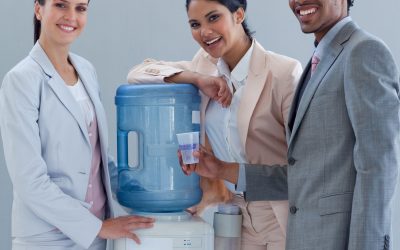If you have a well, you need a water treatment system to make the water potable. Even if you don’t have a well, you may need to treat your water. Water coming from municipal treatment facilities tends to be fairly reliable, but there are many reasons that it might not be. Mismanagement has resulted in the lead in the water in many different cities. Storms, runoff, and old pipes can also cause the water to be tainted. There are a couple of different types of treatment that, essentially, fall into the category of removing solids or removing pathogens.
Removing Solids
If you are having water problems, especially ones related to cloudy or hard water, you could have a problem of solids being dissolved in the water. If solids are dissolved in the water, there are many different ways to remove them. The simplest solution is to filter the water through activated charcoal. The charcoal has so much surface area that many different solids, even dissolved ones, cling to the surface of the charcoal and are removed from the water. Reverse osmosis can also be used to remove solids from the water. This is a common type of water treatment in Mullica Hill, NJ.
If you are having problems with your water being cloudy, hard, or tasting odd, you should visit website domain. There is likely a solution for your problem there.
Removing Pathogens
In many cases, the water treatment system does not need to remove solids. Instead, it needs to neutralize different pathogens or chemicals that could be in the water. There are different ways for this to happen. One common way to do this is by adding chemicals to the water that will react with the offending chemical and neutralize it. Chemicals that react with one another can neutralize into something potable. There are ways to remove different offending chemicals.

